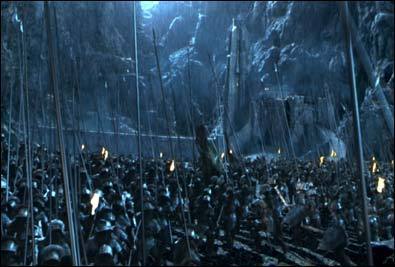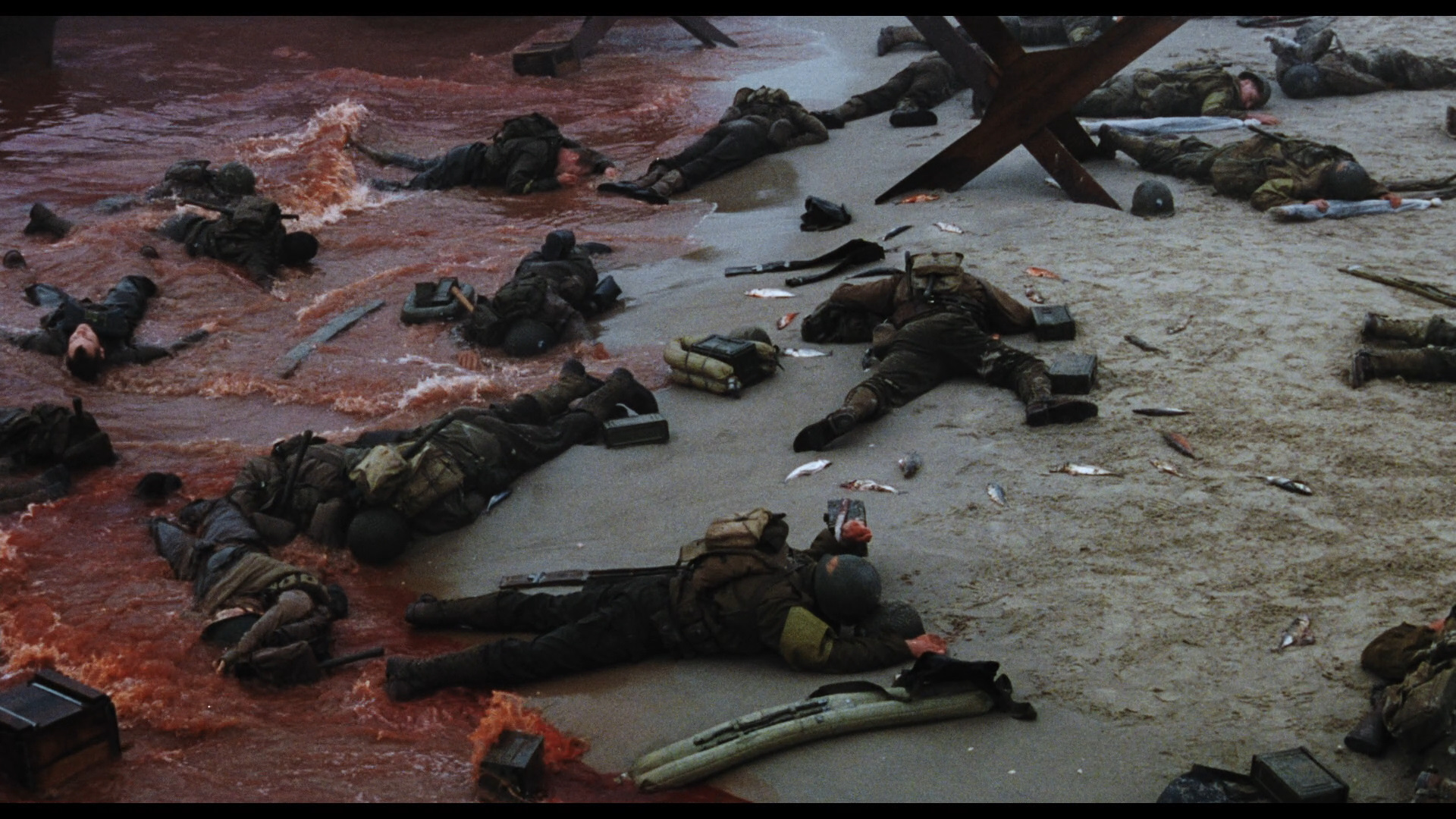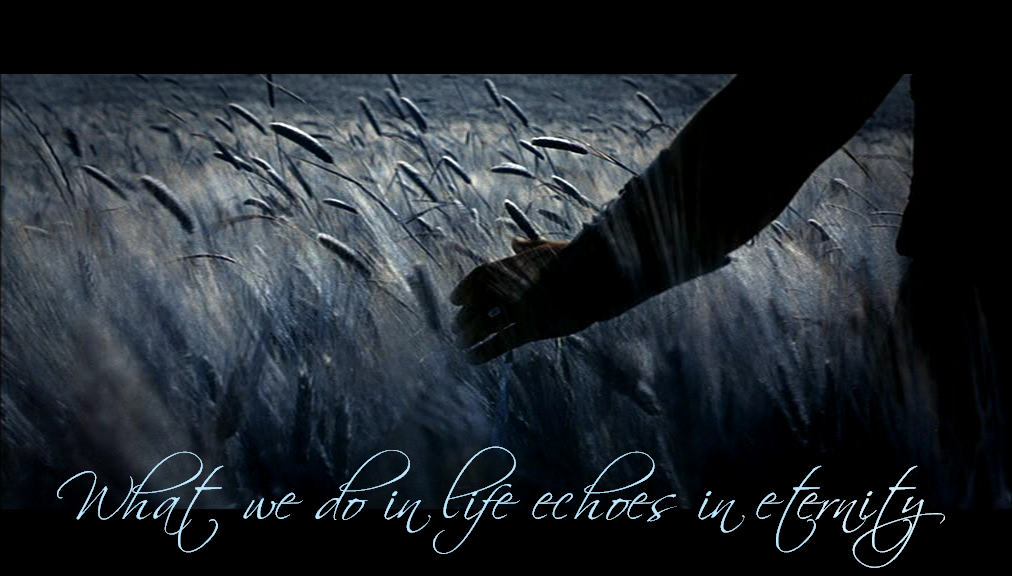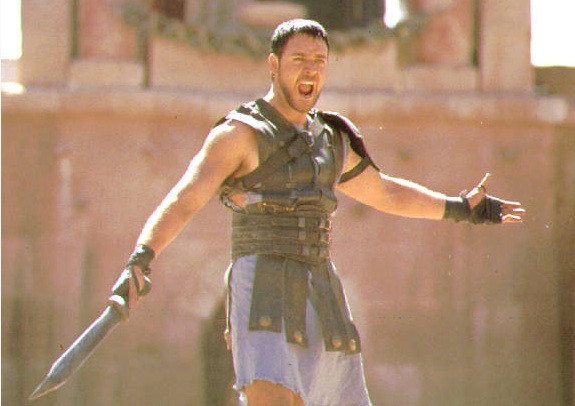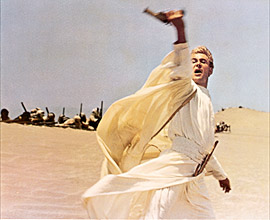#20-- Lawrence of Arabia (1962)
This was my third viewing of Lawrence, the second this
year. I was glad to have it so fresh in
my mind when finally having the opportunity to see it in IMAX yesterday. It was already one of my favorite films, and
while it's placement in my top 100 can only go up a bit (it's at #20 right
now), this viewing certainly increases my appreciation of it.
There is certainly a benefit to seeing certain films writ
large. A movie like My Dinner with Andre isn't important how you see it. You want to watch it, not just listen-- it is
a movie-- but the format isn't really important. But a movie like Tree of Life, the format
makes a bit of a difference. Even with
that, a blu-ray with a largish screen would do.
Not so Lawrence of Arabia.
.png) |
| Should it be seen this small? |
Last time I watched
LoA, was on my laptop. I can sit really
close, but it still is not the same experience.
When a movie is almost four hours, you find that you want every scene to
be justified. When Lean spends minutes
just looking at the desert, I wondered why he bothered to do this. Why spend time on this? I need to go to the bathroom. A minute on a whirlwind. Why? I
have better things to do.
With the full projection and the film restored after 50
years it all becomes clear. We are
supposed to love the desert like Lawrence does.
At the very least, we are to understand why he adores it so. On a small screen it is difficult to
understand, but on the large screen, the details display the beauty and the
majesty of the desert that couldn't possibly be captured on my laptop.
Another thing that was astonishing to me is the use of empty
space. Here we have the largest screen
made, and four fifths of it is filled with sky in many shots. At the bottom of the screen is a sliver of
desert or of a rising sun. And it is
amazing how well it works. Almost an abstract
piece that speaks to the heart of beauty although little is there.
I had a slightly different experience this time than
previously. The focus has always been
for me see Lawrence as a leader. A hero,
yes, but a leader in general. How all
the pieces are there to make a perfect leader: charisma, arrogance, stepping
into danger, trying what others say cannot be done, a love of other cultures, intelligence,
moral strength, willpower and a broad education. It is amazing and inspiring.
This time, I noted especially the last third of the movie
which speaks to the breaking of a leader.
Two of Lawrence’s great pillars of strength had to be broken—his arrogance
and his willpower. Eventually, put
yourself in stressful situations and every human body will break—either the
physical health or the mental health will go.
Lawrence was out on the edge so often that he had to break. And the generals had to keep pushing him out
there until his leadership was effected and he began making bad choices. Great leaders burn out.
Lawrence of Arabia is a film that is an analysis of
charismatic leadership, from the rise to the fall. The film needed the length to present such a
complex presentation, possibly the most thorough character analysis presented
on film. And O’Toole is perfect in every
scene, constantly adding the small inventive touches that makes for a real character. If Lawrence weren’t such a unique man, it
would seem over-the-top, but he was, and it was all appropriate.
I have read a couple biographies of Lawrence, and I know
that the Lean film is one simplistic interpretation of a life that has much
that no one actually knows. Much of what
is in the film is guesswork. But it is
brilliant guesswork, and this film is the Lawrence that will be passed on
through the ages. He shall always be the
brilliant glory-hound with bright blue eyes.
And so should it be.





